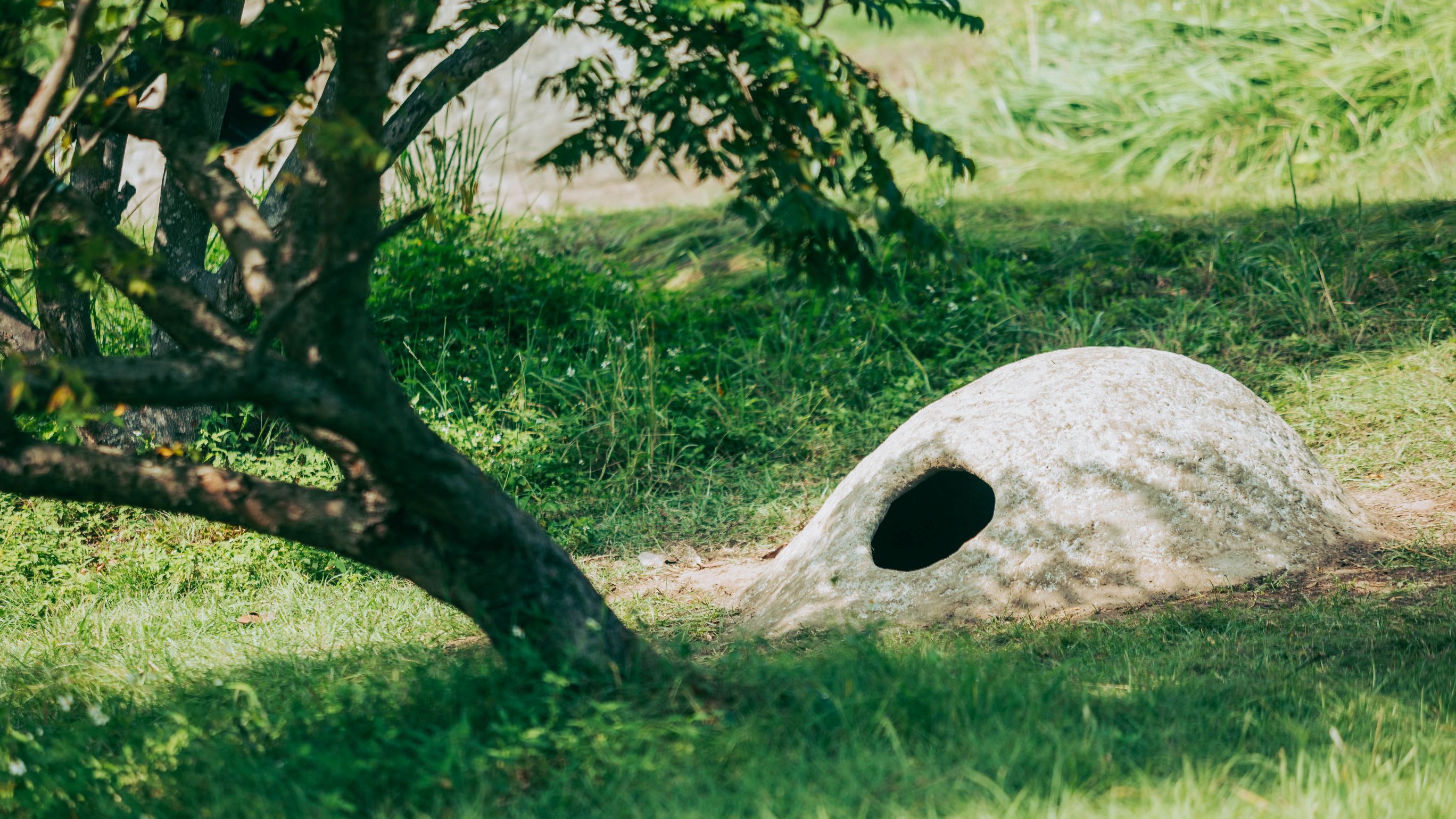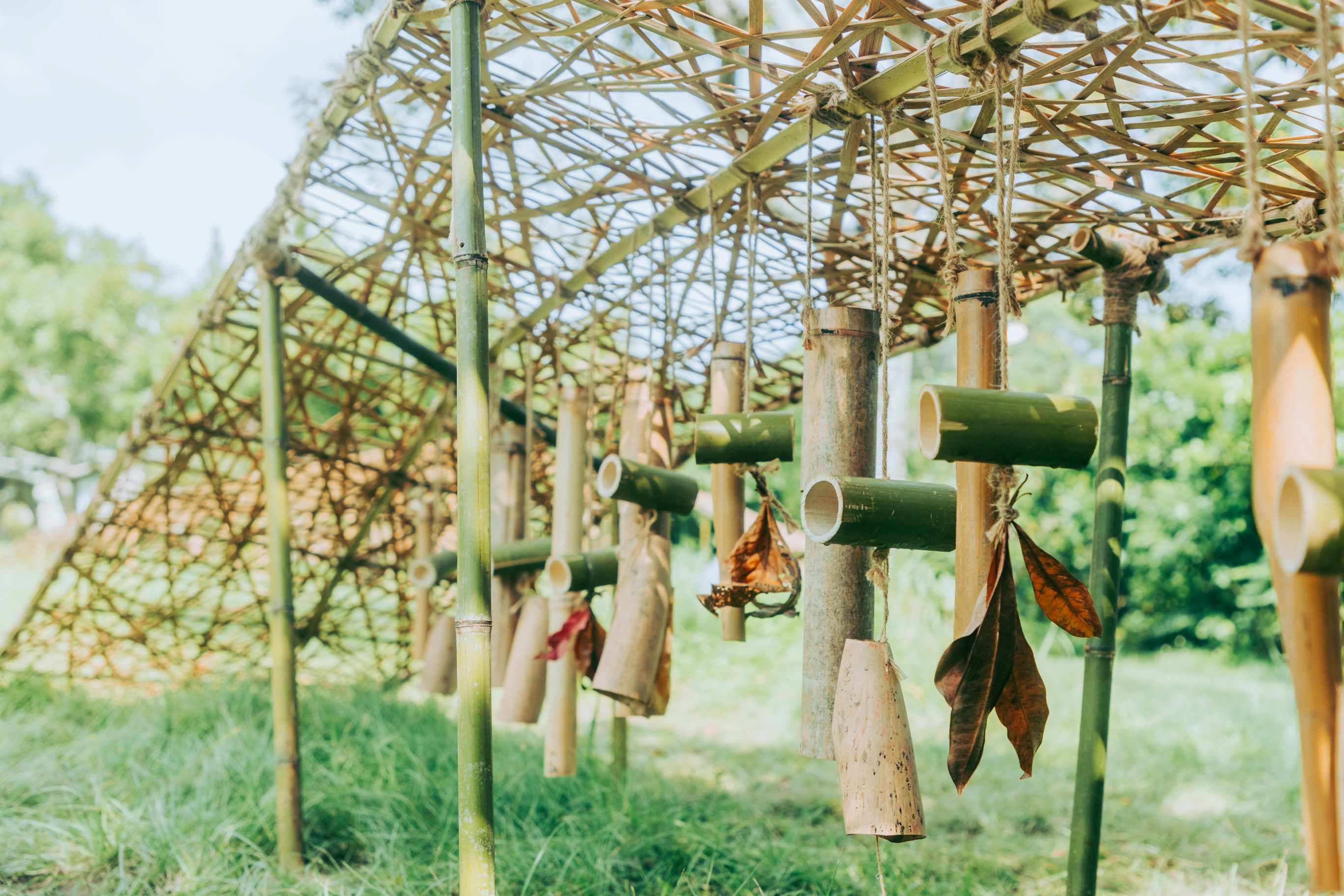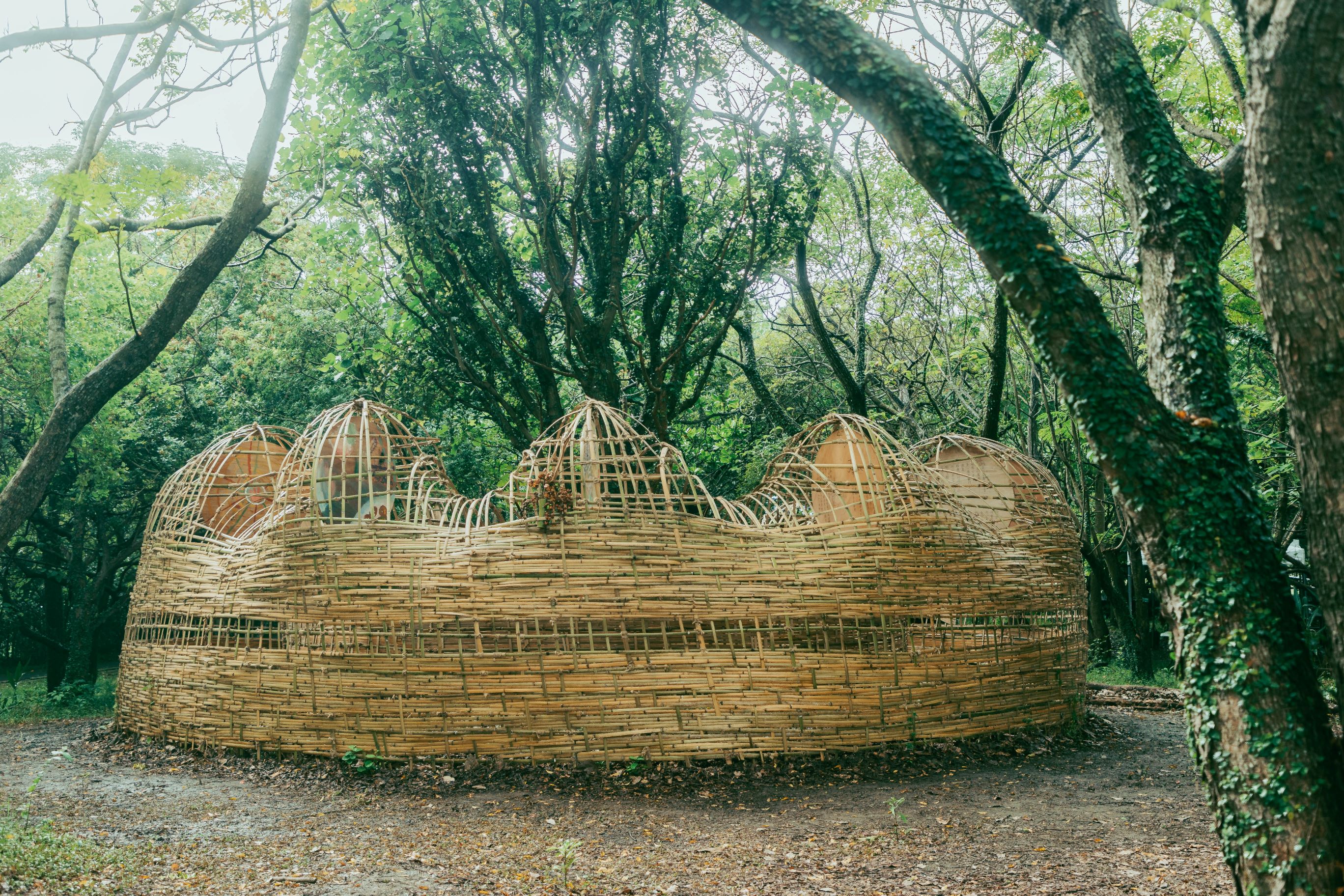ABOUT
"Gifts" play a special role in the lives of mankind. Unlike general
functional needs, gifts always contain a nature of connection
between the giver and the receiver, even if these objects called
"gifts" are no different from general objects. This mutual
relationship played a social function in early human life, meaning
that it was not limited to individuals, but more often a
responsibility and obligation between groups, or a kind of unspoken
contractual relationship, also implying a certain moral and ethical
value (the receiver has the duty and responsibility to give back).
This is deeply expounded in the famous work of Marcel Mauss, the
anthropologist: "The Gift: Forms and Functions of Exchange in
Archaic Societies", which traces the role gifts played in primitive
societies. This kind of exchange activity, detached from the
functional aspect of bartering in early human society, gave objects
more of a human psychological color. We always have countless
reasons to give gifts to others (whether it's out of gratitude,
admiration, or other motives). These objects always carry the
intention (motivation) of the giver. In short, gifts contain the
awareness and feelings of both the giver and the receiver, which
create a connection between both sides. As a special object, gifts
carry a certain spiritual significance due to this relationship they
embody. Viewing nature as a gift means perceiving nature as
something that is given to us. This perspective reflects how we
think about our relationship with nature and how we can establish a
connection through this relationship. With the advancement of
civilization and technology, the idea of viewing nature as a
resource to be controlled and managed is a commonly held ideology,
with an attitude that is often utilitarian and instrumental.
However, this attitude has gradually become controversial, with the
emergence of various environmental issues such as global warming,
climate change, and biodiversity, being wrapped up in the concept of
Anthropocene. We are gradually realizing that nature is an organic
system that operates as a whole (such as the Gaia hypothesis), which
reminds us to rethink our relationship with nature. However, is
there a more proactive attitude we can adopt towards our
relationship with nature? If the theme of the previous exhibition, "
Healing, A Methodology," helped us discover the spiritual
connections and functions of nature, this year's curation, "Nature,
A Gift," represents an opener attitude towards exploring these
relationships. By placing artistic creation within the framework of
gift-giving, we aim to foster a kind and profound connection with
nature, just as what we do with the act of giving gifts.



